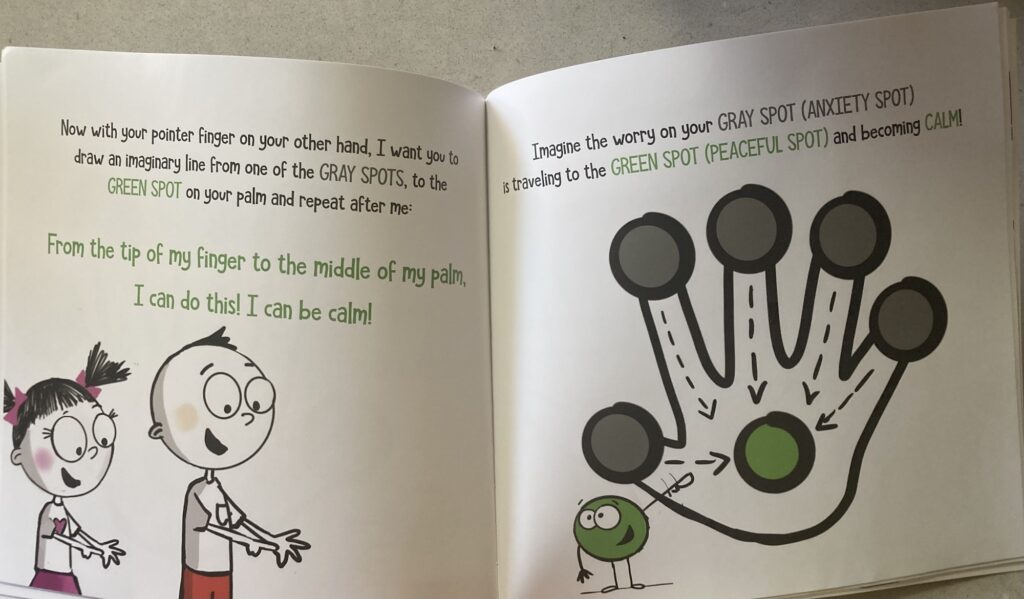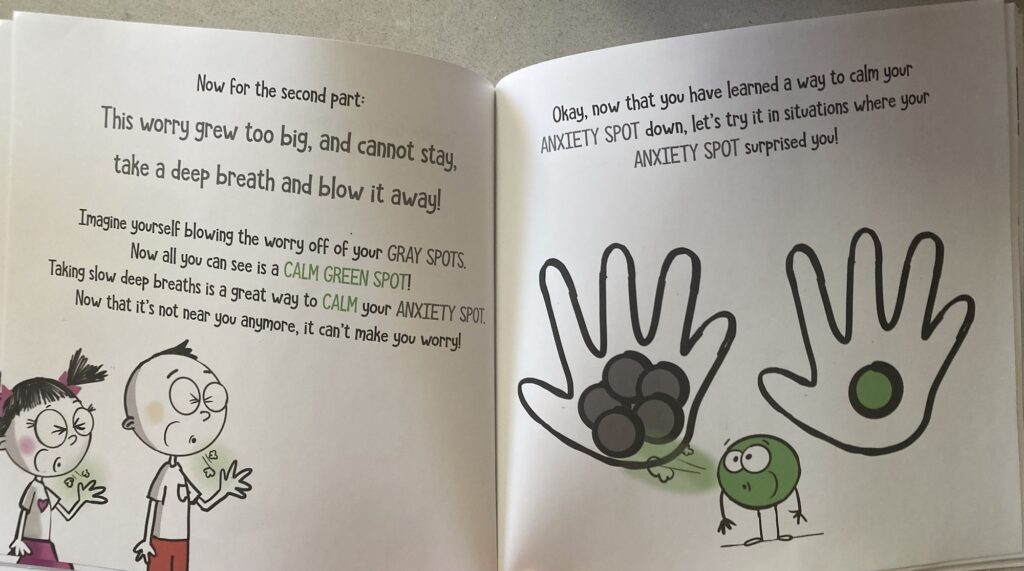Look at the birds. They don’t plant or harvest or store food in barns, for your heavenly Father feeds them. And aren’t you far more valuable to him than they are?
Jesus in the “sermon on the mount”, Matthew 6
…
Look at the lilies of the field and how they grow. They don’t work or make their clothing, yet Solomon in all his glory was not dressed as beautifully as they are. And if God cares so wonderfully for wildflowers that are here today and thrown into the fire tomorrow, he will certainly care for you.
In Jesus’ sermon on the mount, there’s a beautiful passage about anxiety and worry, where he encourages us: do not worry about tomorrow, each day has enough worry of its own. Even though in Australia we’re probably safer and more likely to have food and shelter than most other times or places in history… anxiety is high. Many suffer from it. It is crippling.
Jesus calls us to “look at the birds” and “look at the lilies of the field”. In the past I’ve often read this as a rhetorical device: help our brains see the logic, nature doesn’t worry and God takes care of it, God will take care of us, so lighten up.
But I’ve been learning a lot about worry. In my own counselling, and in sessions with psychologists where I learn how to support my kids. So much of anxiety is bodily, yes it is running through your mind, but it’s not just in the mind. And when your body is in a fight or flight or freeze state, the idea of “helping our brains see the logic” really falls flat.
The advice I’m reading my kids is about breath work and visualisation. (from Diane Alber’s “A little spot of emotion” series):


I’ve been holding a lot of my own worry and anxiety over the future lately, and have been drawn back into reading and reflecting on these few thoughts Jesus shared. To comfort me, to guide me.
And instead of seeing “look at the birds… look at the lilies” as a piece of rhetoric, something to think about… I’m seeing it as guidance, something to do.
Go outside, and find the birds. Find the native flowers that just grow all on their own. And look at them. Long enough for my breath to slow down. Look at them long enough to meditate on them. That they are there, and cared for. Long enough that my heart rate slows down. Long enough to remember that maybe I too am cared for.
“That is why I tell you not to worry about everyday life—whether you have enough food and drink, or enough clothes to wear. Isn’t life more than food, and your body more than clothing? Look at the birds. They don’t plant or harvest or store food in barns, for your heavenly Father feeds them. And aren’t you far more valuable to him than they are? Can all your worries add a single moment to your life?
Jesus in the “sermon on the mount”, Matthew 6
“And why worry about your clothing? Look at the lilies of the field and how they grow. They don’t work or make their clothing, yet Solomon in all his glory was not dressed as beautifully as they are. And if God cares so wonderfully for wildflowers that are here today and thrown into the fire tomorrow, he will certainly care for you. Why do you have so little faith?
“So don’t worry about these things, saying, ‘What will we eat? What will we drink? What will we wear?’ These things dominate the thoughts of unbelievers, but your heavenly Father already knows all your needs. Seek the Kingdom of God above all else, and live righteously, and he will give you everything you need.
“So don’t worry about tomorrow, for tomorrow will bring its own worries. Today’s trouble is enough for today.